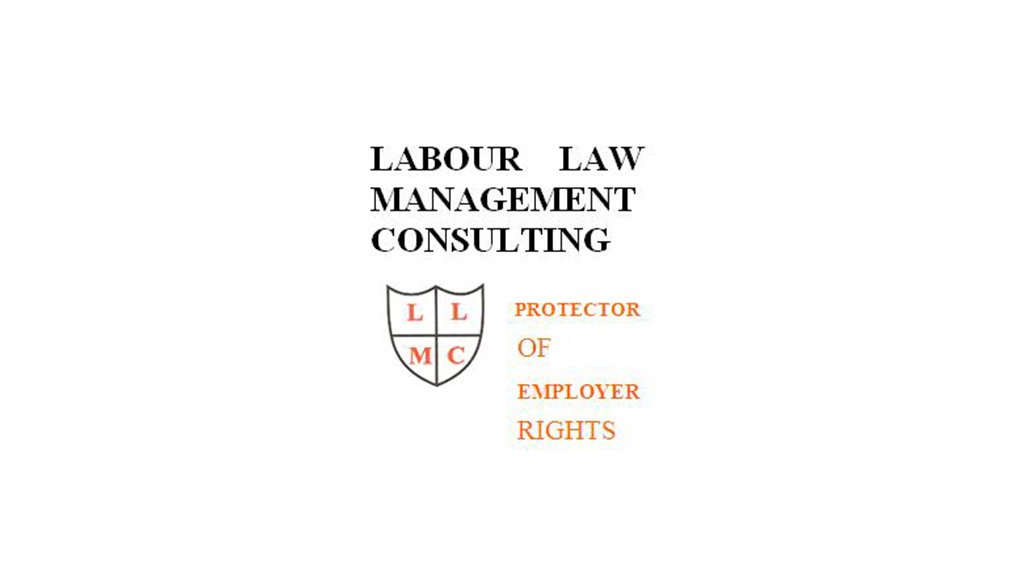The Code of Good Practice: Dismissal (The Code) states that:
- Advice and correction are the best ways of dealing with minor offences
- Repeated misconduct will merit warnings
- More serious infringements or repeated misconduct may call for final warnings or other action short of dismissal
- Dismissal should be reserved for cases of serious misconduct or repeated offences
- Dismissal for a first offence is not appropriate unless it is so serious that it makes a continued employment relationship intolerable
- Included amongst offences that might merit dismissal for a first offence are wilful endangering of the safety of others and physical assault.
Assault at the workplace is normally seen as serious misconduct because of:
- the harm or potential harm to the victim of the assault;
- the potential disruption of workplace harmony;
- the potential for the employer to be sued for vicarious liability by the assault victim;
- the loss in working time due the need for an assaulted employee to to take sick leave
- the loss of business if the victim of the assault is a client.
Despite this, employers are often bungle disciplinary action against alleged assault culprits because of the anger attached to incidents of assault. This can be disastrous for the employer because section 188(1)(a) of the Labour Relations Act (LRA) makes it clear that the employer cannot fire an employee without good cause.
Should the employee dispute a dismissal via the CCMA or a bargaining council the employer will have the legal duty to prove that the dismissed employee was guilty of the assault and that, under the specific circumstances, dismissal was the most appropriate corrective measure. If the employer fails to convince the arbitrator of this it could be the employer’s bank balance that is assaulted. That is, the arbitrator could award reinstatement with back pay or could order the employer to pay up to 12 months’ remuneration in compensation.
In the case of Herman vs Defy Appliances Ltd Herman, a maintenance electrician, was dismissed for assaulting an assistant. He claimed that he had merely grabbed the assistant but the CCMA found that he had, in fact, hit the assistant with his fists. The CCMA found that such action merited discipline even if workplace rules did not specifically prohibit it and even if other employees had not been dismissed for assault. Despite these findings and the serious nature of the assault the CCMA found that dismissal was not an appropriate punishment and re-instated the employee.
In the case of NUMSA obo Madobeng vs Macsteel Tube and Pipe (2006, 10 BALR 982) the employee was dismissed for assaulting a colleague who had accused her of sleeping with her grandfather. The employee and her trade union took the matter to the Metal and Engineering Industries Bargaining Council accusing the employer of unfair dismissal. The arbitrator found that the scuffle that had taken place between the two employees did not constitute an assault and that Madobeng had been provoked by her colleague. As the employer had exaggerated the seriousness of the offence and had ignored the mitigating effect of the provocation the arbitrator found the dismissal to be unfair. The employee was reinstated with full back pay.
The above cases show that, even in serious cases of assault, the CCMA will not always approve of dismissal as a sanction. Therefore, employers should understand that:
- The individual circumstances of each case are crucial in deciding whether dismissal for assault is acceptable;
- The ability to anticipate the thinking of CCMA and other arbitrators is vital;
- Substantial labour law experience and expertise should be obtained before discipline is implemented.
Written by lvan lsraelstam, Chief Executive of Labour Law Management Consulting. He may be contacted on (011) 888-7944 or 0828522973 or via e-mail: labourlaw@absamail.co.za.
EMAIL THIS ARTICLE SAVE THIS ARTICLE ARTICLE ENQUIRY
To subscribe email subscriptions@creamermedia.co.za or click here
To advertise email advertising@creamermedia.co.za or click here











